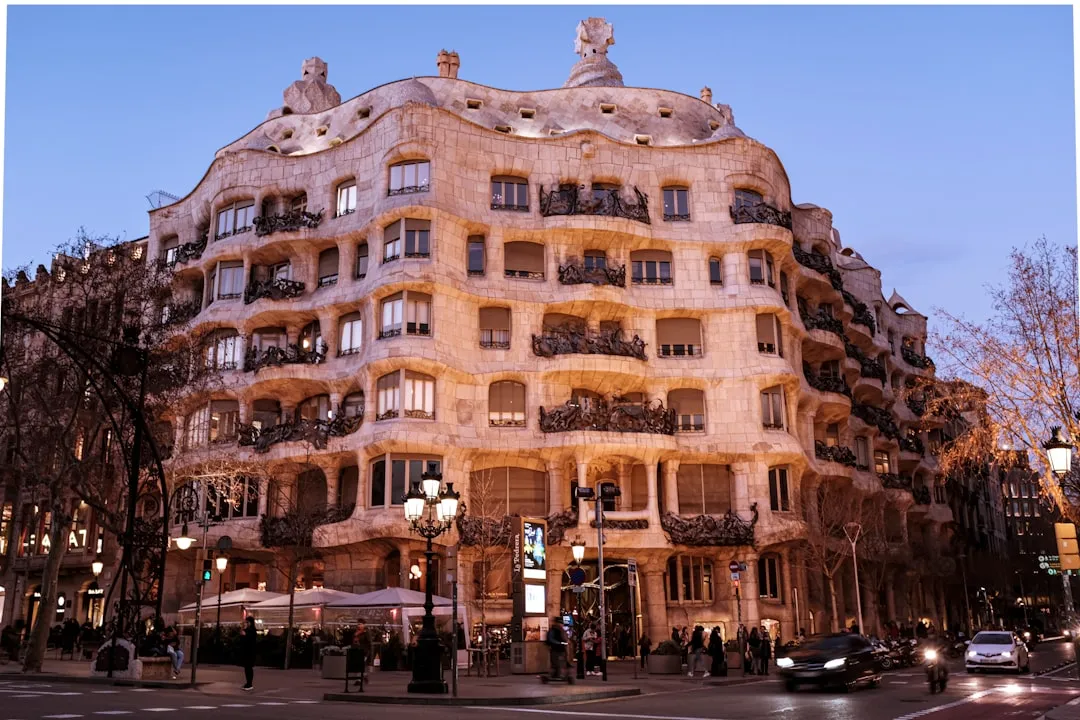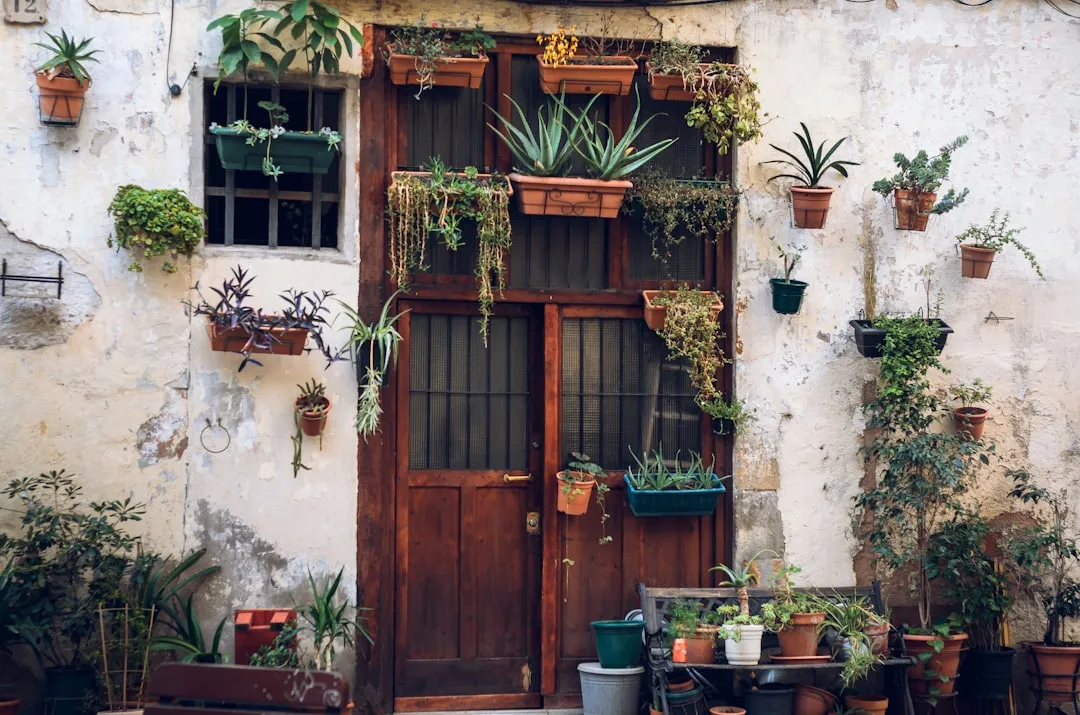Spain, with its rich culture, stunning landscapes, and Mediterranean lifestyle, is a popular destination for expats, digital nomads, and retirees alike. One of the most important factors to consider when relocating is the cost of living, which can vary significantly depending on the city you choose to call home. In this article, we’ll break down the cost of living in some of Spain’s most popular cities, giving you an overview of what to expect in terms of housing, transportation, food, and lifestyle expenses.
Madrid: The Capital and Financial Hub
Madrid, Spain’s capital, is a bustling metropolis that offers a mix of history, culture, and modern conveniences. As the country’s financial hub, Madrid tends to be more expensive than smaller cities, especially when it comes to rent. However, salaries also tend to be higher here.
- Rent: Expect to pay between €900 and €1,500 for a one-bedroom apartment in the city center, while prices drop to around €700–€1,000 in outer neighborhoods.
- Utilities: Utilities, including electricity, heating, cooling, water, and garbage collection, can cost between €100 and €200 per month.
- Transportation: A monthly public transport pass costs around €55, and taxis are relatively affordable, starting at about €3 for the first few kilometers.
- Food: Grocery costs are reasonable, with a typical weekly shop costing around €50–€70 for a single person. Dining out varies from €10 for a casual meal to €25–€40 for a mid-range restaurant.
- Lifestyle: Madrid offers a wide range of activities, from museums to nightlife. Expect to pay around €40–€70 for a gym membership, while cinema tickets cost approximately €10.
Barcelona: Cosmopolitan and Coastal
Barcelona, known for its modernist architecture and beaches, is a popular city among expats and digital nomads. While slightly less expensive than Madrid, Barcelona’s cost of living is still on the higher end of the scale, particularly in the central areas.
- Rent: In the city center, rents range from €800 to €1,400 for a one-bedroom apartment. In less central areas, prices drop to about €600–€900.
- Utilities: Monthly utility costs are around €100–€180.
- Transportation: A monthly public transportation pass costs approximately €40. Biking is also a popular and affordable option.
- Food: Groceries are slightly cheaper than in Madrid, with a weekly shop averaging around €40–€60. Dining out costs roughly the same as Madrid, though tapas and street food can be a more affordable option.
- Lifestyle: Barcelona is famous for its arts and sports scene. A gym membership costs about €30–€60 per month, while entertainment such as concerts or sports events can vary widely depending on the venue.
Valencia: Affordable Mediterranean Life
Valencia offers an attractive balance of coastal living and affordability. Known for its futuristic City of Arts and Sciences and the birthplace of paella, Valencia provides a more relaxed lifestyle at a lower cost than Madrid or Barcelona.
- Rent: A one-bedroom apartment in the city center costs between €600 and €900, while prices in outer areas can be as low as €450–€650.
- Utilities: Expect to pay around €80–€150 for monthly utilities.
- Transportation: Public transport is cheaper, with a monthly pass costing around €30. Biking is also popular and accessible.
- Food: Weekly grocery shopping is about €35–€50. Dining out is affordable, with a meal at a local restaurant costing around €8–€15.
- Lifestyle: Valencia is known for its beaches, outdoor activities, and festivals like Las Fallas. Gym memberships are around €30–€50, and movie tickets cost about €8.
Seville: Southern Charm on a Budget
Seville, with its historic charm and vibrant culture, is one of the most affordable major cities in Spain. Known for flamenco, tapas, and its rich history, Seville provides a high quality of life at a relatively low cost.
- Rent: A one-bedroom apartment in the city center costs between €500 and €800, with outer areas ranging from €400 to €600.
- Utilities: Monthly utility costs are typically around €70–€120.
- Transportation: Public transport is inexpensive, with a monthly pass costing about €35.
- Food: Grocery prices are affordable, with a weekly shop costing around €30–€45. Eating out is cheaper than in larger cities, with meals costing between €8 and €12.
- Lifestyle: Seville is famous for its festivals, such as Semana Santa and Feria de Abril. Gym memberships range from €25–€50, and entertainment options like museums and flamenco shows are reasonably priced.
Málaga: The Gateway to the Costa del Sol
Málaga is a popular destination for retirees and expats seeking a warm climate and relaxed lifestyle. As the gateway to the Costa del Sol, Málaga offers beachside living at a relatively affordable price compared to other coastal areas in Spain.
- Rent: A one-bedroom apartment in the city center costs between €600 and €900, while rents in the surrounding areas can be as low as €400–€700.
- Utilities: Expect to pay around €70–€120 per month for utilities.
- Transportation: A monthly public transport pass costs about €40.
- Food: Grocery costs are similar to Seville, with a weekly shop costing around €30–€50. Dining out is also affordable, with meals at local restaurants ranging from €10 to €15.
- Lifestyle: Málaga offers a mix of beach activities, cultural attractions, and outdoor pursuits. Gym memberships cost around €25–€45, and cultural events, such as museum visits, are usually under €10.
Bilbao: The Heart of the Basque Country
Bilbao, with its unique blend of modern architecture and traditional Basque culture, offers a moderate cost of living compared to Spain’s larger cities. Known for the Guggenheim Museum and its gastronomy, Bilbao provides a high standard of living at a lower cost than Madrid or Barcelona.
- Rent: A one-bedroom apartment in the city center costs between €600 and €1,000, while rents in surrounding areas can drop to €450–€700.
- Utilities: Monthly utility costs are typically around €80–€150.
- Transportation: Public transport is efficient, with a monthly pass costing about €43.
- Food: Groceries are similar in price to Valencia and Seville, with a weekly shop costing around €35–€50. Dining out is more expensive than in southern Spain, with meals averaging around €12–€20.
- Lifestyle: Bilbao has a strong cultural scene, with gym memberships costing around €30–€60, and museums and cultural attractions are reasonably priced at around €8–€12.
Palma de Mallorca: Island Living with a Premium Price Tag
Palma de Mallorca, the capital of the Balearic Islands, offers a unique blend of island charm, Mediterranean lifestyle, and vibrant city life. However, this island paradise comes with a cost, especially when compared to mainland cities.
- Rent: Renting a one-bedroom apartment in the city center of Palma de Mallorca can cost anywhere between €800 and €1,200 per month. The rental prices can be lower outside the city center, ranging from €600 to €900.
- Utilities: Utility costs typically average around €120-€180 per month for a standard-sized apartment.
- Transportation: Palma offers reliable public transportation with a single bus ticket costing €2. Car ownership, however, is popular due to the island's limited public transport outside the city. Gasoline prices in Palma tend to be slightly higher than the national average, currently around €1.70 per liter.
- Food: Due to the island's location, groceries and dining out tend to be more expensive than on the mainland. A basic grocery bill for a couple can range between €300 and €450 per month. Eating out at mid-range restaurants costs around €15-20 per person, while fine dining experiences can easily surpass €40 per person.
- Lifestyle & Entertainment: Palma de Mallorca's location makes it a hub for outdoor enthusiasts. The island offers an array of activities, from hiking in the Serra de Tramuntana to water sports and beachside lounging. These natural amenities are free to enjoy, though accessing private clubs, gyms, or boat rentals can range from €40-200 monthly.
Conclusion
Spain offers a wide range of living costs depending on the city you choose. While Madrid and Barcelona are on the higher end, cities like Seville, Valencia, and Málaga provide more affordable options without sacrificing quality of life. By understanding the breakdown of costs in each city, you can better decide which location suits your lifestyle and budget.
Whether you’re a digital nomad, retiree, or someone looking to relocate, Spain offers a diverse range of cities, each with its own charm and cost structure.




